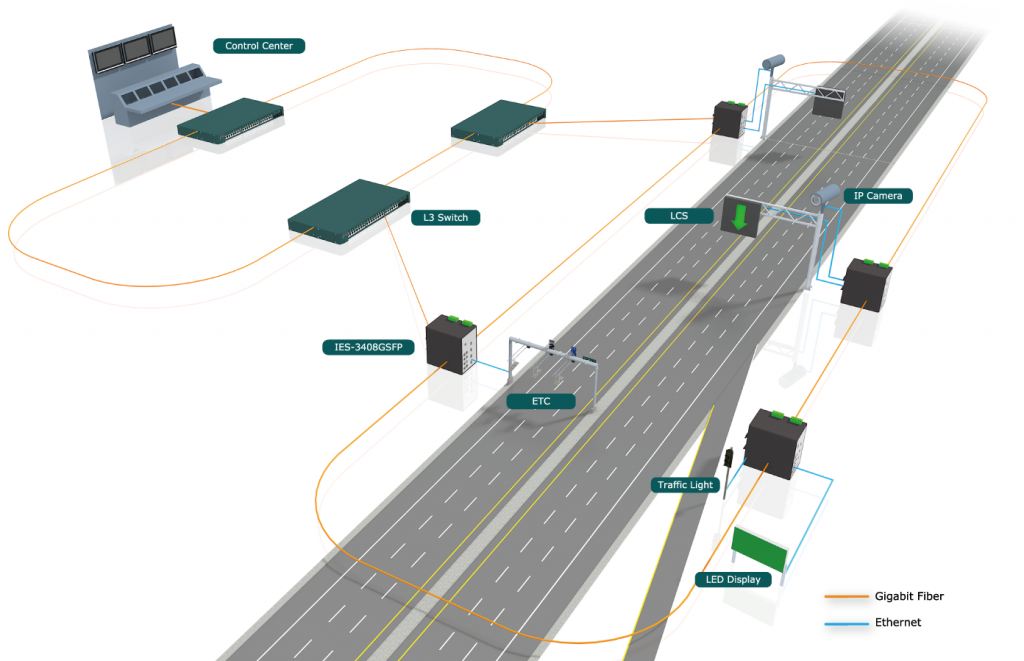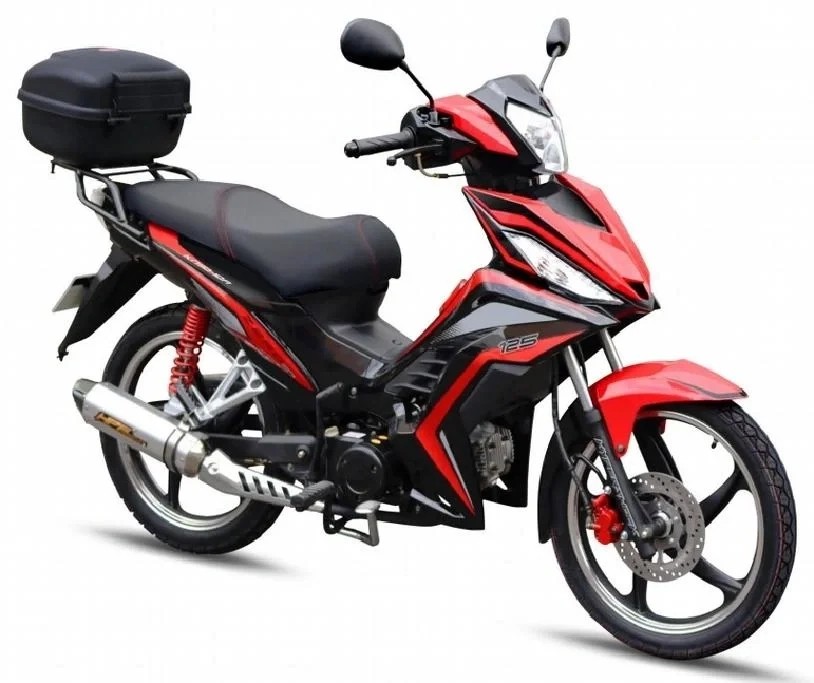Navigating the Future: Unraveling the Intricacies of Smart Transportation in IoT
2 min read
In the era of digital transformation, the Internet of Things (IoT) has emerged as a revolutionary technology, reshaping various sectors, including transportation. This article delves into the concept of smart transportation in IoT, its applications, benefits, challenges, and future prospects.
Smart transportation, a key component of smart cities, leverages IoT technology to enhance transportation efficiency, safety, and sustainability. It involves the integration of advanced technologies such as sensors, artificial intelligence (AI), machine learning (ML), and data analytics into transportation infrastructure and vehicles.
At the heart of smart transportation is the IoT, a network of interconnected devices that collect, transmit, and analyze data. In the context of transportation, these devices can range from traffic sensors and GPS devices to smart vehicles equipped with onboard diagnostics and telematics systems.
One of the most significant applications of smart transportation is in traffic management. IoT-enabled traffic sensors and cameras can monitor traffic flow in real-time, enabling traffic control centers to adjust traffic signals and reroute traffic to avoid congestion. Similarly, smart parking solutions use IoT sensors to detect available parking spaces, reducing the time and fuel wasted in searching for parking.
Public transportation systems can also benefit from IoT. Real-time tracking of buses and trains can improve schedule adherence, while predictive maintenance can enhance reliability and reduce downtime. Furthermore, IoT can facilitate ticketing and payment systems, making public transportation more convenient for users.
Despite its numerous benefits, smart transportation also poses several challenges. Data security and privacy are major concerns, as the vast amounts of data collected by IoT devices can be vulnerable to cyberattacks. Additionally, the high cost of implementing and maintaining IoT infrastructure can be a barrier for many cities.
Looking ahead, the future of smart transportation is promising. With advancements in technologies such as 5G, AI, and autonomous vehicles, smart transportation is set to become even more efficient and user-friendly. However, to fully realize its potential, it is crucial to address the challenges and ensure that smart transportation is accessible and beneficial to all.
In conclusion, smart transportation in IoT is a transformative concept that has the potential to revolutionize our transportation systems. As we navigate the future, it is essential to understand and embrace this technology, as it holds the key to a more sustainable, efficient, and connected world.


